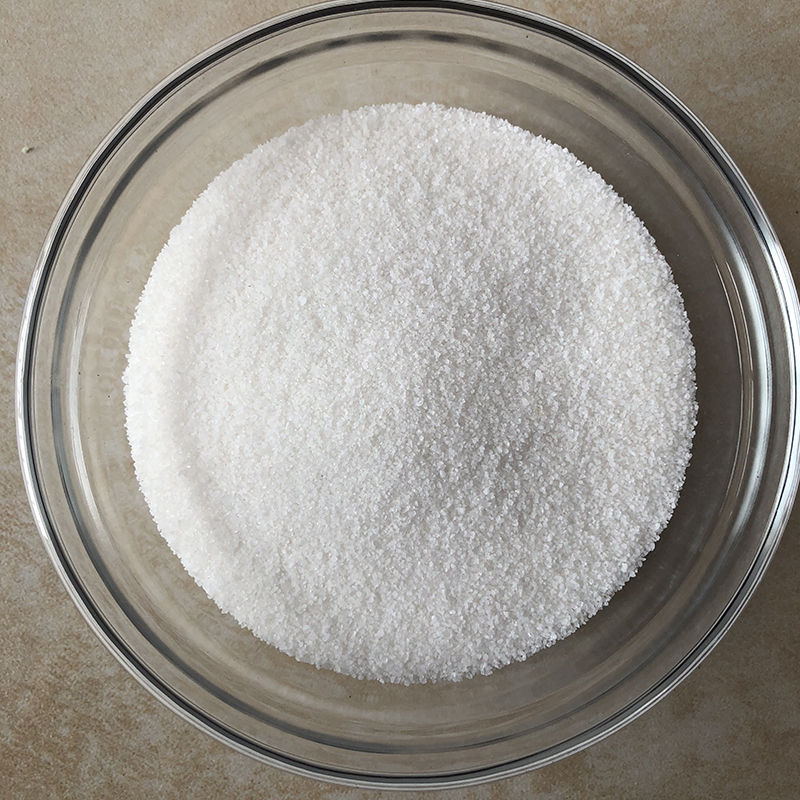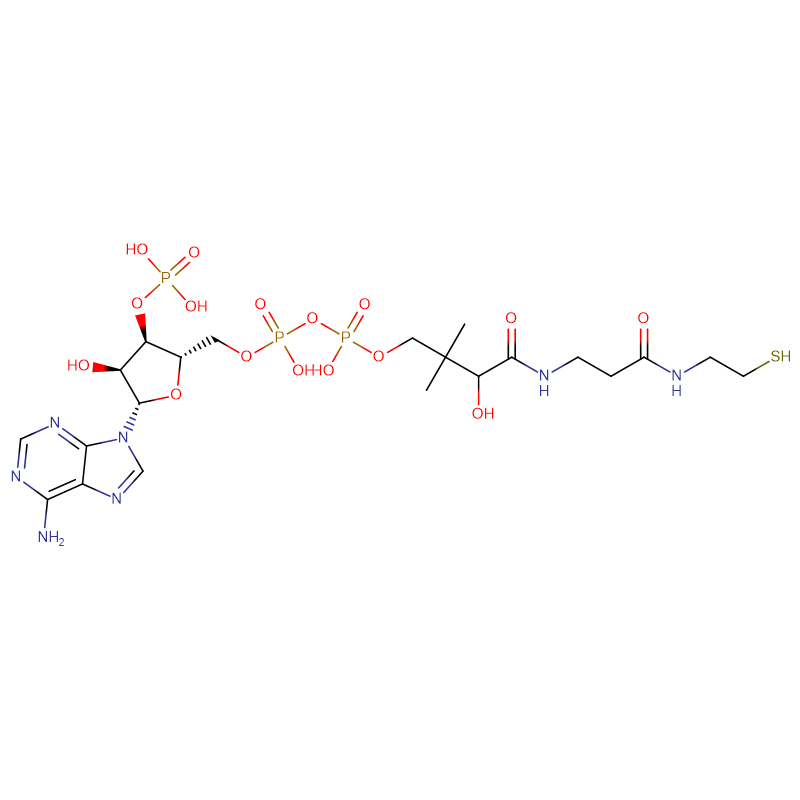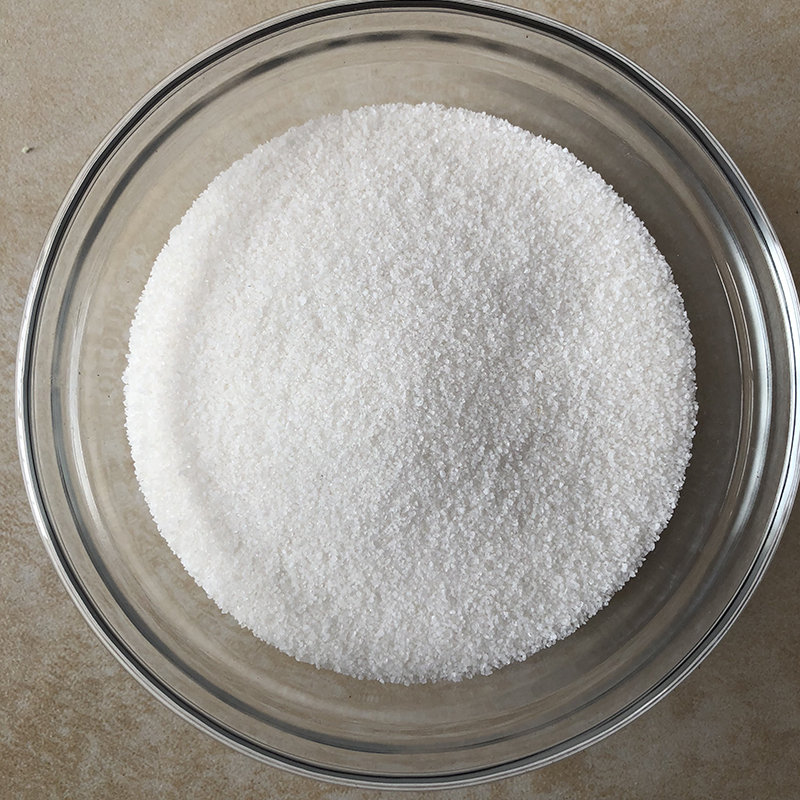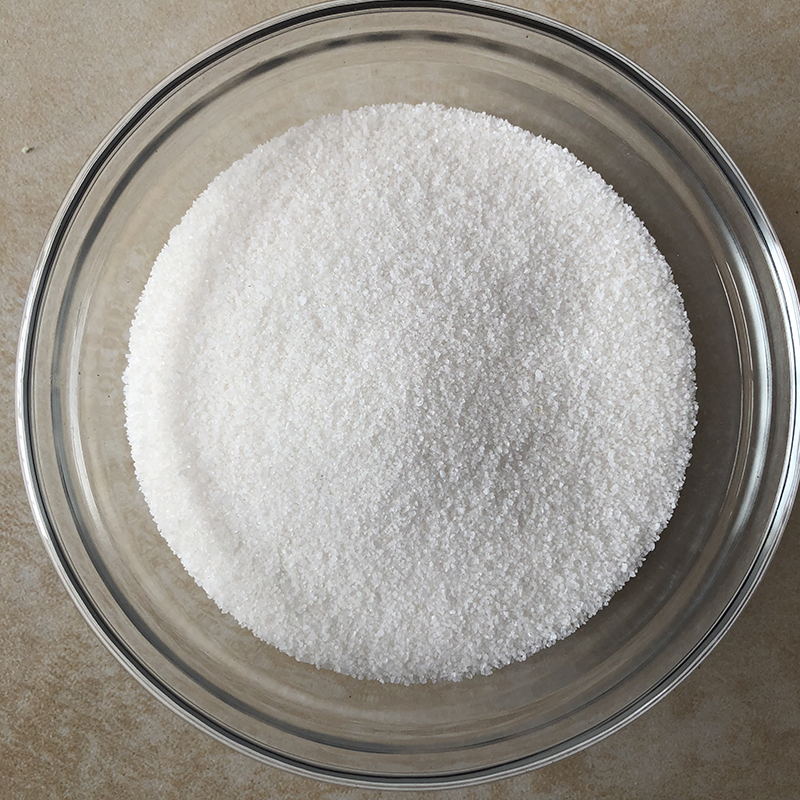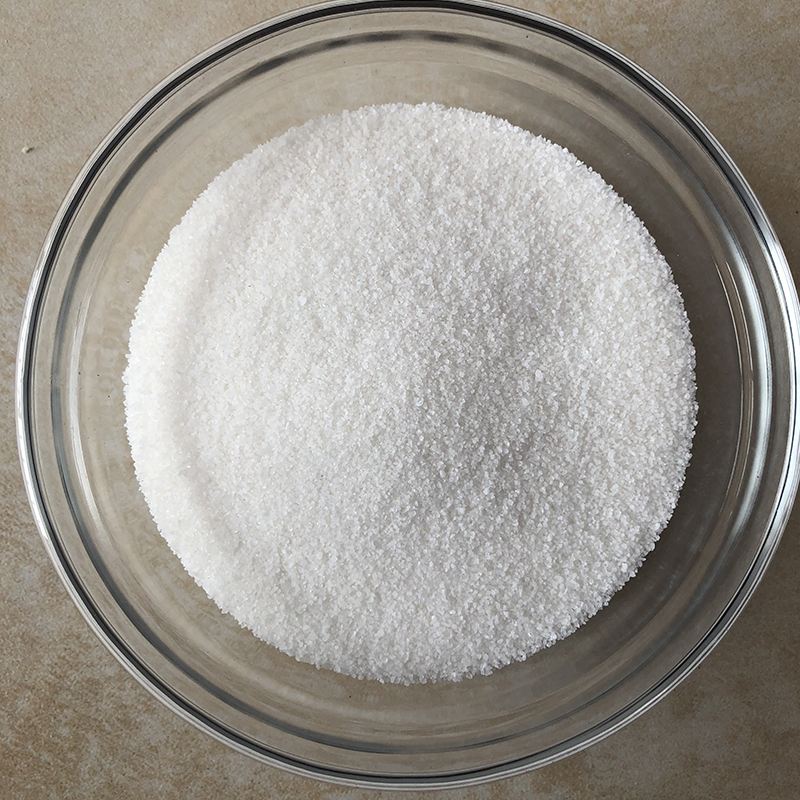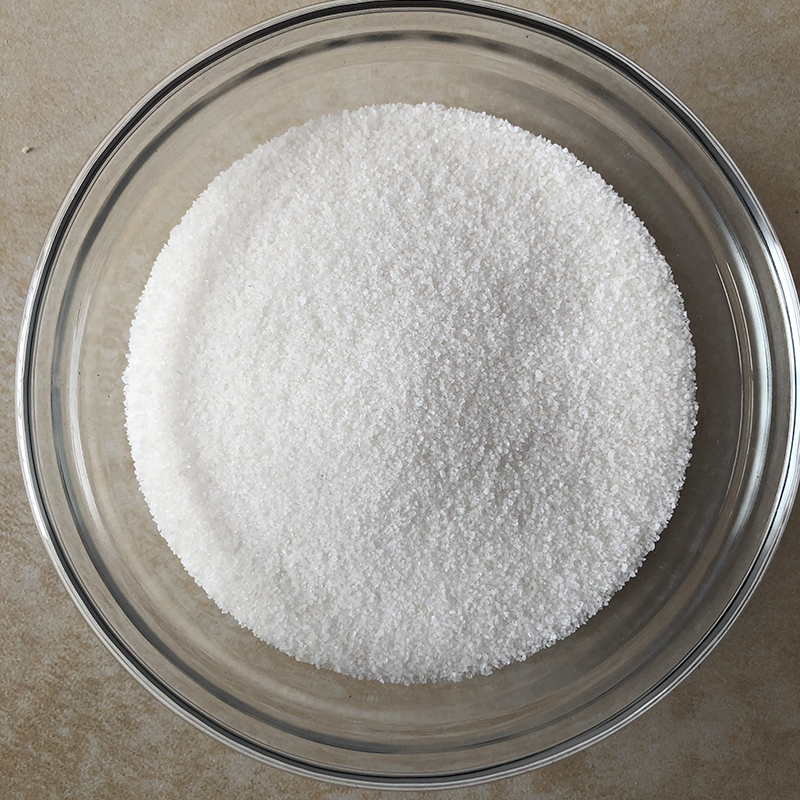BROMELAIN FROM PINEAPPLE STEM 2 U/MG CAS:37189-34-7
| Catalog Number | XD90393 |
| Product Name | BROMELAIN FROM PINEAPPLE STEM 2 U/MG |
| CAS | 37189-34-7 |
| Molecular Formula | N/A |
| Harmonized Tariff Code | 35079090 |
Product Specification
| Appearance | White powder |
Bromelain (BR) is a cysteine protease with inhibitory effects on intestinal secretion and inflammation. However, its effects on intestinal motility are largely unexplored. Thus, we investigated the effect of this plant-derived compound on intestinal contractility and transit in mice.Contractility in vitro was evaluated by stimulating the mouse isolated ileum, in an organ bath, with acetylcholine, barium chloride, or electrical field stimulation. Motility in vivo was measured by evaluating the distribution of an orally administered fluorescent marker along the small intestine. Transit was also evaluated in pathophysiologic states induced by the pro-inflammatory compound croton oil or by the diabetogenic agent streptozotocin.Bromelain inhibited the contractions induced by different spasmogenic compounds in the mouse ileum with similar potency. The antispasmodic effect was reduced or counteracted by the proteolytic enzyme inhibitor, gabexate (15 × 10(-6) mol L(-1) ), protease-activated r eceptor-2 (PAR-2) antagonist, N(1) -3-methylbutyryl-N(4) -6-aminohexanoyl-piperazine (10(-4) mol L(-1) ), phospholipase C (PLC) inhibitor, neomycin (3 × 10(-3) mol L(-1) ), and phosphodiesterase 4 (PDE4) inhibitor, rolipram (10(-6) mol L(-1) ). In vivo, BR preferentially inhibited motility in pathophysiologic states in a PAR-2-antagonist-sensitive manner.Our data suggest that BR inhibits intestinal motility - preferentially in pathophysiologic conditions - with a mechanism possibly involving membrane PAR-2 and PLC and PDE4 as intracellular signals. Bromelain could be a lead compound for the development of new drugs, able to normalize the intestinal motility in inflammation and diabetes.


